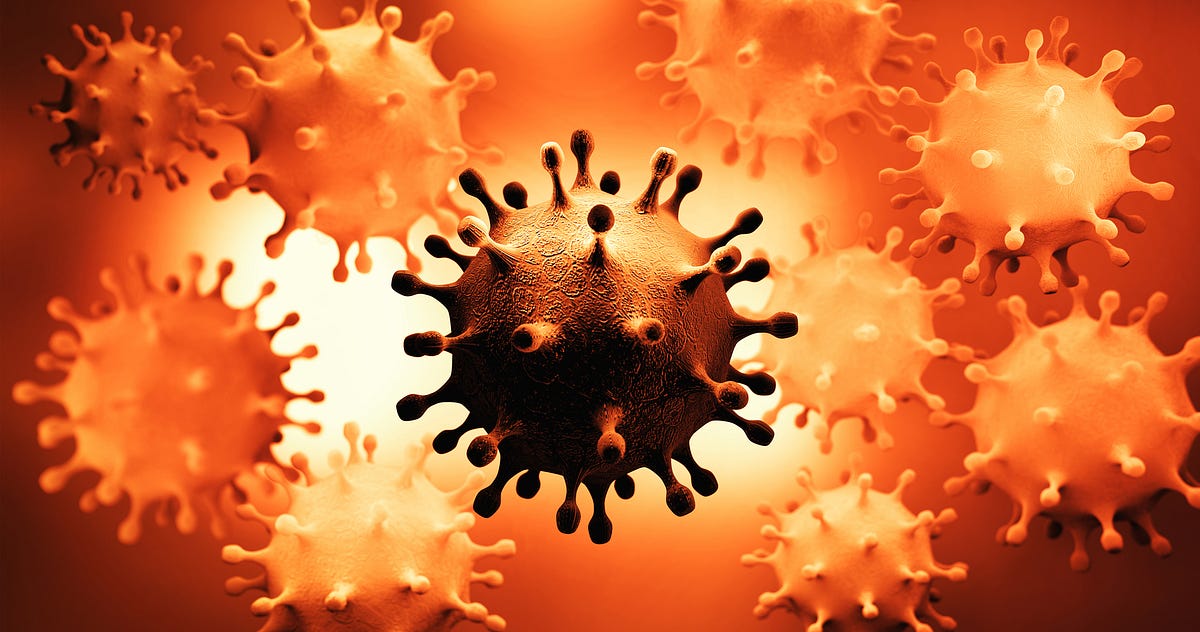A Supercomputer Analyzed Covid-19 — and an Interesting New Theory Has Emerged (medium.com)

A closer look at the Bradykinin hypothesis
Earlier this summer, the Summit supercomputer at Oak Ridge National Lab in Tennessee set about crunching data on more than 40,000 genes from 17,000 genetic samples in an effort to better understand Covid-19. Summit is the second-fastest computer in the world, but the process — which involved analyzing 2.5 billion genetic combinations — still took more than a week.
When Summit was done, researchers analyzed the results. It was, in the words of Dr. Daniel Jacobson, lead researcher and chief scientist for computational systems biology at Oak Ridge, a “eureka moment.” The computer had revealed a new theory about how Covid-19 impacts the body: the bradykinin hypothesis. The hypothesis provides a model that explains many aspects of Covid-19, including some of its most bizarre symptoms. It also suggests 10-plus potential treatments, many of which are already FDA approved. Jacobson’s group published their results in a paper in the journal eLife in early July.
According to the team’s findings, a Covid-19 infection generally begins when the virus enters the body through ACE2 receptors in the nose, (The receptors, which the virus is known to target, are abundant there.) The virus then proceeds through the body, entering cells in other places where ACE2 is also present: the intestines, kidneys, and heart. This likely accounts for at least some of the disease’s cardiac and GI symptoms.
The renin–angiotensin system (RAS) controls many aspects of the circulatory system, including the body’s levels of a chemical called bradykinin, which normally helps to regulate blood pressure. According to the team’s analysis, when the virus tweaks the RAS, it causes the body’s mechanisms for regulating bradykinin to go haywire. Bradykinin receptors are resensitized, and the body also stops effectively breaking down bradykinin. (ACE normally degrades bradykinin, but when the virus downregulates it, it can’t do this as effectively.)
- Log in to post comments